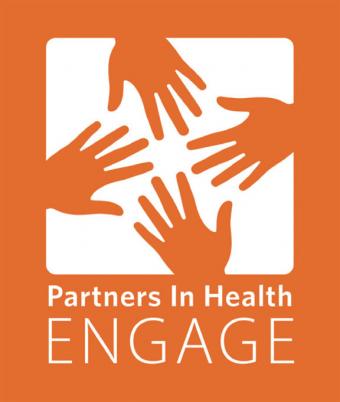PROVIDENCE, R.I. [Brown University] — Ebola isn’t just a disease, it’s also a consequence of a social forces, including disparities in global public health, say students who have organized a teach-in on Oct. 9. 2014, at 6 p.m. in Wilson Hall, Room 102. A group of four panelists will discuss the broad context of the epidemic in West Africa and what one nongovernmental organization is doing in Libera and Sierra Leone to help.
“We hope to dispel myths, spread awareness about the failure of global health systems leading to the disproportionate burden of disease in developing countries, and offer a clear and effective opportunity for people to stop this epidemic,” said co-organizer Victoria Leonard.
“We will discuss the science behind the outbreak, how and why it happened, and what we can do to support Partners In Health and its thousands of patients and volunteers on the front lines of the epidemic in Liberia and Sierra Leone,” said co-organizer Sarah Perelman.
Leonard said the students, many of whom are affiliated with the student chapter of Partners in Health, sought a diversity of perspectives in assembling the panel. Speaking will be Adia Benton, assistant professor of anthropology who specializes in the medical anthropology of sub-Saharan Africa; Dr. Mark Lurie, professor of epidemiology who studies HIV/AIDS in Africa; Roee Gutman, assistant professor of biostatistics; and Sheena Wood, Partners in Health’s strategist for grassroots organizing.
The teach-in has already generated substantial interest on campus. By the morning of Oct. 7, the event’s Facebook page had already tallied more than 160 RSVPs to attend.

